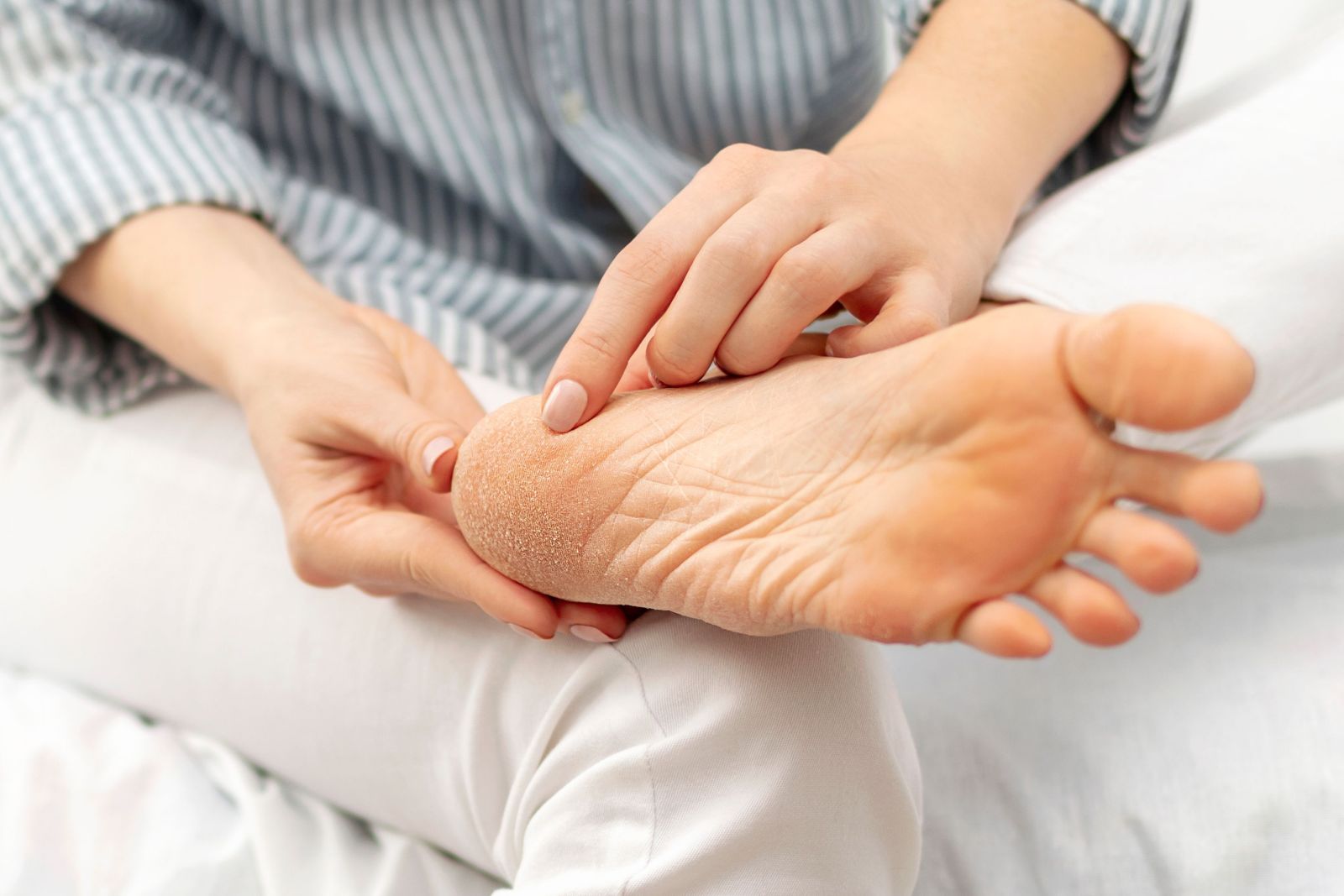
Cracked heels, a common foot ailment, can occur both before and after running, presenting discomfort and aesthetic concerns. Before running, dry skin and lack of moisture contribute to heel fissures, exacerbated by friction and pressure during physical activity. These cracks can deepen and worsen post-run due to prolonged pressure and sweat accumulation, leading to pain and potential infection. Prevention is key in addressing this issue. Regular moisturization, particularly before running, helps keep the skin supple and prevents excessive drying. Wearing properly cushioned and supportive footwear, as well as moisture-wicking socks, reduces friction and minimizes the risk of developing cracks during exercise. After running, it is important to clean and dry the feet thoroughly, applying moisturizer to soothe and hydrate the skin. Additionally, addressing any existing cracks promptly with foot creams or ointments helps expedite healing and prevents further complications. If you enjoy running and have developed cracked heels, it is suggested that you speak with a podiatrist who can offer you effective prevention and treatment techniques.
Cracked heels are unsightly and can cause further damage to your shoes and feet. If you have any concerns, contact Howard Kimmel, DPM from Buckeye Foot Care. Our doctor can provide the care you need to keep you pain-free and on your feet.
Cracked Heels
Cracked heels appear unappealing and can make it harder for you walk around in sandals. Aside from looking unpleasant, cracked heels can also tear stockings, socks, and wear out your shoes. There are several methods to help restore a cracked heel and prevent further damage.
How Do You Get Them?
Dry skin is the number one culprit in creating cracked heels. Many athletes, walkers, joggers, and even swimmers suffer from cracked heels. Age and skin oil production play a role to getting cracked heels as well.
Promote Healing
Over the counter medicines can help, especially for those that need instant relief or who suffer from chronic dry feet.
Wear Socks – Wearing socks with medicated creams helps lock in moisture.
Moisturizers – Applying both day and night will help alleviate dryness which causes cracking.
Pumice Stones – These exfoliate and remove dead skin, which allows for smoother moisturizer application and better absorption into the skin.
Change in Diet
Eating healthy with a well-balanced diet will give the skin a fresh and radiant look. Your body responds to the kinds of food you ingest. Omega-3 fatty acids and zinc supplements can also revitalize skin tissue.
Most importantly, seek professional help if unsure how to proceed in treating cracked heels. A podiatrist will help you with any questions or information needed.
If you have any questions, please feel free to contact one of our offices located in Brook Park and Willoughby, OH . We offer the newest diagnostic and treatment technologies for all your foot care needs.
